WHANGANUI, New Zealand: The chronic barriers to oral healthcare in New Zealand have been underscored by the volume of patients with serious oral health problems who sought free treatment through a Māori oral health initiative in the Manawatū-Whanganui region this month. An estimated NZ$150,000 (€83,718*) worth of dental treatment was provided to around 400 patients over a six-day period, and one of the organisers commented that the results indicate an underlying and vast need among Māori for accessible dental care.
Radio New Zealand reported that the dental treatment provided by volunteer dentists involved hundreds of tooth extractions and restorations and that many of the patients had not visited a dentist since primary school. One patient had to have 14 teeth extracted, and over 100 others had to be referred to surgeons at local hospitals, owing to the severity of their oral health problems.
“They had much more extensive issues that needed to be addressed,” commented Wheturangi Walsh-Tapiata, chief executive of Te Oranganui, a Māori-led provider of family-centered health services in the region. “We’re going to have to work with them to try to ensure that they get access to those more specialist services,” she said.
Recounting the stories heard by those working on the initiative, Walsh-Tapiata told Radio New Zealand: “The stories they’re telling us are incredibly sad. Many just can’t afford [dental treatment].” She explained that some patients had to choose between buying food or paying for dental care and that the cost of transport to dental clinics was also a barrier for those living in rural areas in the region. Dental anxiety and shame about the state of their oral health were further barriers to care, and some patients had resorted to DIY dentistry, including performing their own tooth extractions using pliers or fishing line, Walsh-Tapiata added.
The treatment was provided in Ohakune and Castlecliff in Whanganui—the capital of the largely rural Manawatū-Whanganui region. The clinics had already been fully booked ahead of time through tribal health providers, and people without appointments had to be turned away. Walsh-Tapiata said, “We only touched the tip of the iceberg.”
Called Menemene Mai (Smile), the initiative was organised by regional tribal and health groups and run as a collaboration between the national healthcare system Te Whatu Ora Whanganui, the New Zealand Defence Force, Te Oranganui and local dentists.
A study published in the New Zealand Medical Journal in July recognised that “being Māori is not a risk factor for health disparities, but rather an indicator of an increased exposure to the impacts of colonisation and racism”. Investigating oral health outcomes for patients presenting with non-traumatic dental problems to emergency healthcare facilities in Christchurch between 2018 and 2020, the authors found that Māori were more than three times more likely to present and be admitted.
“Across all age groups, Māori adults have been shown to experience a poorer quality of life due to their oral health,” the authors wrote, citing research based on 2021 New Zealand Oral Health Survey data.
Editorial note:
* Calculated on the OANDA platform for 16 October 2024.
Tags:
AUCKLAND, New Zealand: The number of children in New Zealand needing dental surgery is growing for a number of reasons, among them poor prevention, ...
WELLINGTON, New Zealand: The findings from a national survey of dental fees in 2023 has highlighted a concerning trend in the accessibility of dental care ...
WELLINGTON, New Zealand: Oral healthcare campaigners in New Zealand are celebrating an increase in the special needs dental grant and a broadening of the ...
WELLINGTON, New Zealand: Public health experts were taken by surprise when New Zealand’s new government announced that it would repeal the country’s ...
OTAGO, New Zealand: Dental care in New Zealand is among the most expensive in the world, leading many residents to delay dental check-ups or avoid them ...
WELLINGTON, New Zealand: Cannabis poses a threat to oral health, but most patients are reluctant to ask their dentists for advice about what largely remains...
Live webinar
Thu. 5 February 2026
2:30 pm EST (New York)
Dr. Boota Ubhi BDS, FDS RCS (Edin), MDentSci, MRD RCS (Eng) Specialist, Cat Edney
Live webinar
Thu. 5 February 2026
8:00 pm EST (New York)
Dr. Zeeshan Sheikh Dip.Dh, BDS MSc, M.Perio, PhD, FRCDC, Dip-ABP
Live webinar
Tue. 10 February 2026
7:00 pm EST (New York)
Prof. Dr. Wael Att, Dr. Robert A. Levine DDS, FCPP, FISPPS, AOD, Dr. Larissa Bemquerer ITI Scholar at Harvard
Live webinar
Wed. 11 February 2026
11:00 am EST (New York)
Dr. med. dent. Sven Mühlemann
Live webinar
Wed. 11 February 2026
12:00 pm EST (New York)
Prof. Dr. Samir Abou Ayash
Live webinar
Fri. 13 February 2026
12:00 pm EST (New York)
Live webinar
Mon. 16 February 2026
12:00 pm EST (New York)



 Austria / Österreich
Austria / Österreich
 Bosnia and Herzegovina / Босна и Херцеговина
Bosnia and Herzegovina / Босна и Херцеговина
 Bulgaria / България
Bulgaria / България
 Croatia / Hrvatska
Croatia / Hrvatska
 Czech Republic & Slovakia / Česká republika & Slovensko
Czech Republic & Slovakia / Česká republika & Slovensko
 France / France
France / France
 Germany / Deutschland
Germany / Deutschland
 Greece / ΕΛΛΑΔΑ
Greece / ΕΛΛΑΔΑ
 Hungary / Hungary
Hungary / Hungary
 Italy / Italia
Italy / Italia
 Netherlands / Nederland
Netherlands / Nederland
 Nordic / Nordic
Nordic / Nordic
 Poland / Polska
Poland / Polska
 Portugal / Portugal
Portugal / Portugal
 Romania & Moldova / România & Moldova
Romania & Moldova / România & Moldova
 Slovenia / Slovenija
Slovenia / Slovenija
 Serbia & Montenegro / Србија и Црна Гора
Serbia & Montenegro / Србија и Црна Гора
 Spain / España
Spain / España
 Switzerland / Schweiz
Switzerland / Schweiz
 Turkey / Türkiye
Turkey / Türkiye
 UK & Ireland / UK & Ireland
UK & Ireland / UK & Ireland
 Brazil / Brasil
Brazil / Brasil
 Canada / Canada
Canada / Canada
 Latin America / Latinoamérica
Latin America / Latinoamérica
 USA / USA
USA / USA
 China / 中国
China / 中国
 India / भारत गणराज्य
India / भारत गणराज्य
 Pakistan / Pākistān
Pakistan / Pākistān
 Vietnam / Việt Nam
Vietnam / Việt Nam
 ASEAN / ASEAN
ASEAN / ASEAN
 Israel / מְדִינַת יִשְׂרָאֵל
Israel / מְדִינַת יִשְׂרָאֵל
 Algeria, Morocco & Tunisia / الجزائر والمغرب وتونس
Algeria, Morocco & Tunisia / الجزائر والمغرب وتونس
 Middle East / Middle East
Middle East / Middle East




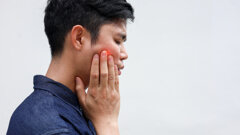



















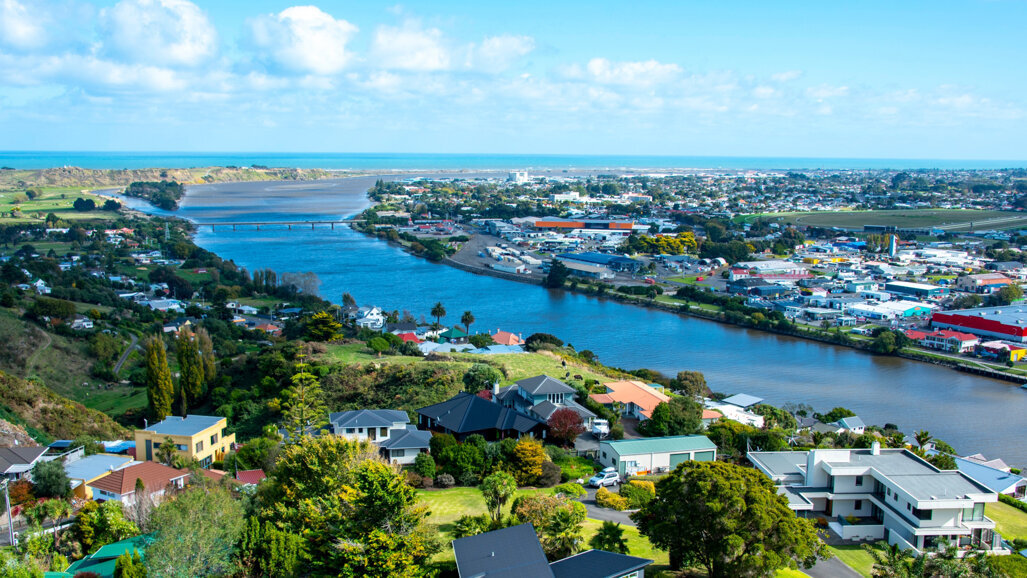




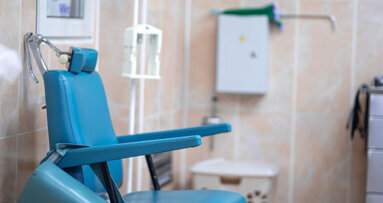


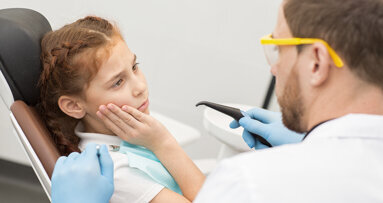
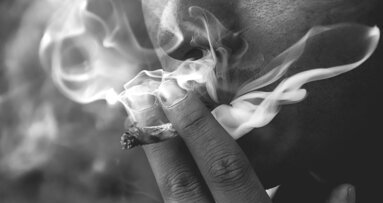









To post a reply please login or register